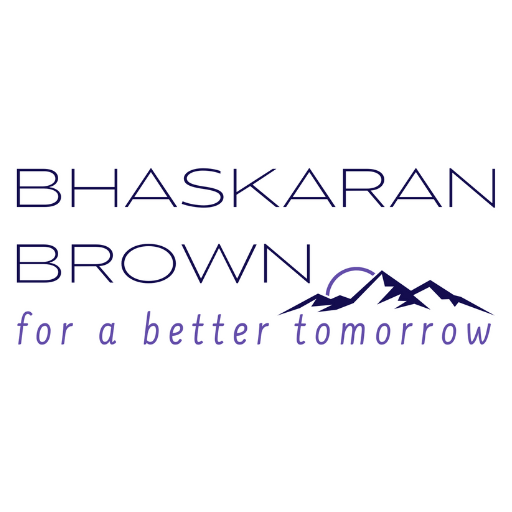That diversity issue we try to ignore.
You want to create a company that embraces everyone. You want to increase diversity because you can see the value of having a range of opinions driven by a range of experiences.
Here’s a suggestion for you, increase diversity – don’t serve alcohol.
Without even digging into the idea, you can see that alcohol excludes people. By holding events that revolve around alcohol you’re already neglecting the needs of the people who don’t drink, which is around one fifth of everyone.
But let’s think about it for a second, who are the kind of people who don’t drink? People avoid alcohol for a lot of different reasons, including some of the following:
- Race
- Physical Health
- Mental Health
- Religion
- Age
Who are these people?
Race
In around 30–50% of East Asians, the enzymes that clear the breakdown products of alcohol don’t function as well. Meaning that drinking alcohol is an unpleasant experience, typified by a flush response on their faces and bodies. But it can also include nausea, headaches and a faster heart rate.
Physical Health
There are lots of medical conditions and medications that can mean people should avoid alcohol. Due to alcohol’s effect on the vascular system anyone with an elevated risk of strokes or heart attacks would be wise to avoid it. As would anyone with concerns around diabetes. Alcohol consumption is linked to type two diabetes because it affects your blood sugar levels and increases your weight.
Diabetes and hypertension? That’s a whole lot of people.
Mental Health
I am constantly amazed that alcohol’s role in depression is not more widely discussed. As alcohol affects the way serotonin works, it reduces the effectiveness of most antidepressants. Drinking also has a serious impact on sleep and improving sleep quality has been proven to improve outcomes in a wide range of mental health problems.
Religion
Most people are aware that Muslims don’t drink alcohol, but they miss the many other religions that prohibit the use of alcohol. While there is no all-encompassing ban on alcohol in Hinduism the oldest sacred text, the Rig Veda, includes the consumption of alcohol in a list of transgression with things like: theft, adultery, murder, jealousy and dishonesty.
Many Buddhist, Sikhs, Jains and Bahai choose not to consume any intoxicants. And let’s not forget that many Christian denominations discourage drinking, most noticeably Methodists and Baptists.
Age
The percentage of young people drinking has fallen over the last 20 years. In part, that’s because they are more aware of the health implications of alcohol. In fact, 26% of 16 -24 year-olds don’t drink at all.
Race, religion, mental and physical health, age – these are all characteristics we understand. Moreover, we believe people shouldn’t be discriminated against because of factors like these.
Now I agree that there are bigger problems than being repeatedly offered alcohol at social events, however annoying it is. But if you want to recruit the top talent, you have to cater to a much wider range of people, (not just cis-het, white guys who expect the drinks to keep coming).
It’s time that companies reconsidered how they organise social events, how they give gifts, how they entertain clients and how they run away-days and conferences.
It’s even time that companies thought about how they screen their staff for alcohol use and trained them to cope in situations where alcohol is available.

